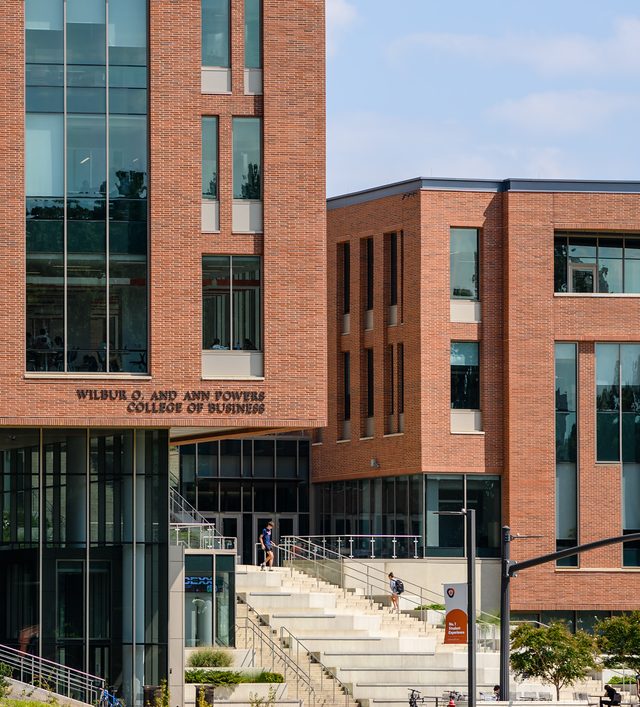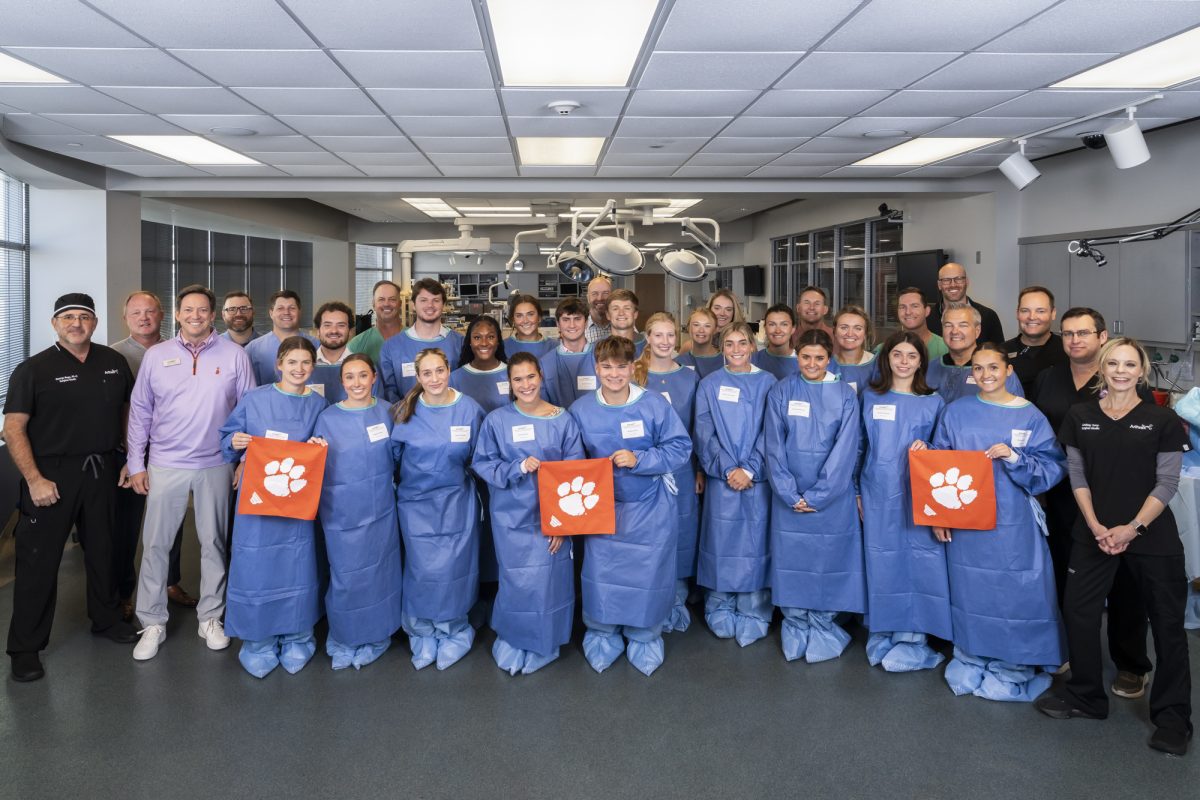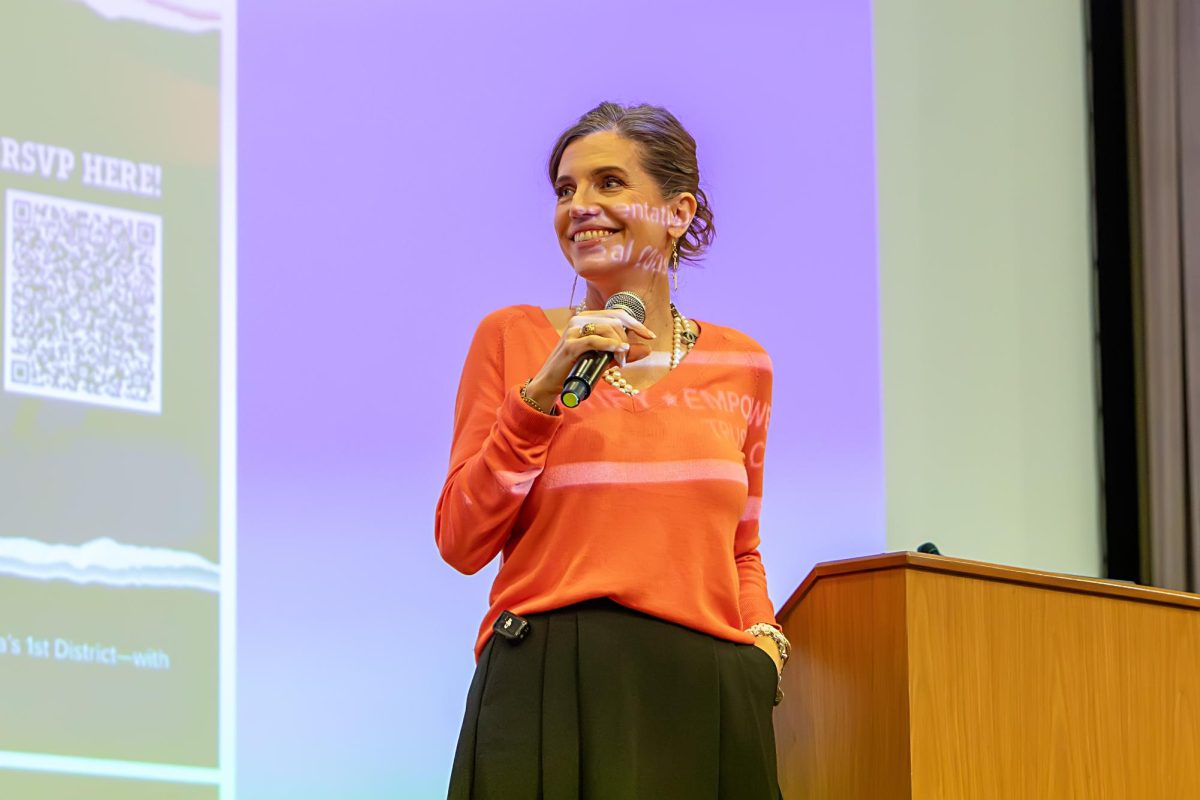As artificial intelligence tools are growing in popularity in today’s educational and working world, Clemson is continuing to design a roadmap to support the safe and ethical uses of AI in the classroom.
The current usage of AI within classrooms is at each individual professor’s discretion, allowing professors and lecturers to decide the level of interaction with AI in the classroom.
The University itself allows the usage of AI, so long as it is used within the guidelines and best practices found on the CCIT website. Professors across Clemson vary in their usage and support of AI, and The Tiger sat down with a few to get their takes.
“I’m not at all against AI use for some purposes, and I have taught a class about its uses and abuses,” Gabriel Hankins, associate professor of English at Clemson, told The Tiger via email. “As one student said, it gives you what the most average person on the internet might say about anything — and that’s the opposite of critical thinking and real education.”
Hankins also noted that AI can shorten the thinking process, resulting in conformity and standardization during the initial drafting of work.
“I support AI in the classroom when it would not lessen the student’s experience, but add nuance to it,” Carlina DiRusso, an assistant professor and faculty associate for Clemson’s Social Media Listening Center, told The Tiger.
She also hopes that students challenge themselves to develop skills with which AI can help.
“AI is an ‘intelligent search engine’ capable of presenting web information in a nicely wrapped package,” George Chumanov, a professor in the Department of Chemistry, said in an interview with The Tiger.
Chumanov also noted that AI does not contribute to the skills of creative and critical thinking, both of which he emphasizes in his teaching.
“I keep hearing things like: ‘AI won’t take your job, but people who know how to use it will,’ DiRusso continued. “Unfortunately, there’s not much we can do about it at this stage, but I do feel a sense of responsibility to use AI only when it can teach students something valuable.”
Clemson is planning to continue revolutionizing the use of AI in research and innovation, with research completed by AIRISE helping to promote advanced intelligent systems and data.
In 2020, the Artificial Intelligence Research Institute for Science and Engineering was established, which “promotes Artificial Intelligence (AI) research, education, workforce development, and industry collaboration at Clemson University,” according to Clemson AIRISE.
“AI is pervasive now, and we have to prepare our students for a different world. Combining all of Clemson’s resources in one institute will help us recruit top students and faculty and better compete for federal grants that fund cutting-edge research,” according to Mitch Shue, a professor of practice in Clemson’s School of Computing and the executive director of AIRISE.
To see updates on Clemson’s AI guidelines, check out CCIT’s webpage.
















